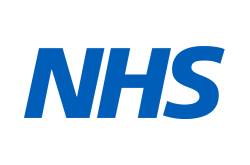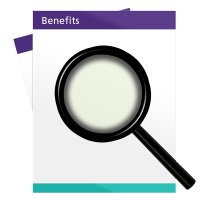Page Content
This section includes information on:
- paying for your care and support
- continuing healthcare
- housing and independent living
- changes to finances and benefits
Paying for your care and support

When we know what support a young person would like to receive, we will work out how much this will cost, and whether they need to pay for some of the support through their own funds or benefits, and what we will help to fund from Adult Social Care. To work this out we will ask the young person for some information about money they receive and things they spend their money on. This is called a Financial Assessment. This will work out if they need to make a financial contribution towards their care.
For more information, please read about Paying for Care or find out about financial help available.
It is important to get the right information on the benefits you may be entitled to when you turn 18.
Continuing healthcare

The NHS will give you ongoing support if you need it.
If a young person is known to Children's Social Services, they will complete a Continuing Health Checklist, when someone turns 16, to see if you qualify for NHS support when they are an adult. This checklist will look to see if you need help because you may have a lot of difficulty with things like:
- breathing
- seizures
- eating and drinking
- taking medicines
- moving about
- memory and thinking.
As part of your Adult Social Care Assessment, the Transition Team will review this referral at 18.
Find out more about Continuing healthcare.
Housing and independent Living

It is important that people with disabilities have the right to choose where they want to live. We know that moving to their own home is a really big decision for young people, and those that care for them. It can be exciting, but also worrying!
The Transition Team want you to feel supported when the time is right for you to explore this option. We will work in partnership with the young person, those who care for them and our partners (such as local borough council housing service) to find suitable care, support, and accommodation.
Further information about your housing options can be found on our pages about living your life independently.
Changes to finances and benefits

As the parent of a disabled young person you may be receiving benefits and tax credits to help you pay for their needs. Exactly when you cease to claim benefits and tax credits as a parent depends on both your child's age, on any educational course they are following and on whether they are regarded as independent, as well as your other family circumstances. You may continue to claim some benefits and tax credits but they may have to be recalculated when your family circumstances change.
Their benefits will be taken into account when providing funded support for your young adult, and for them to pay for their own costs towards care and living expenses.
- Surrey County Council has information to help you support someone to manage their finances. Find out more on financial help available.
- SOLLA helps people and their families in finding trusted accredited financial advisers who understand financial needs in later life.
- The Surrey Local Offer provides information for children and young people with additional needs and disabilities (SEND) and their parents or carers.

